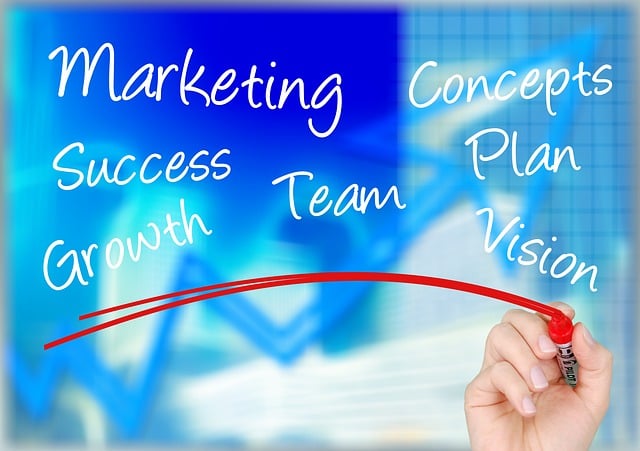AI automation for automotive repair scheduling is transforming auto businesses by boosting efficiency and enhancing customer experiences. Using machine learning, these systems predict maintenance needs, optimize appointments, and automatically generate schedules based on real-time demand, reducing manual effort, no-shows, and delays. Integration with CRM tools facilitates personalized communication and improves resource allocation through dynamic schedule adjustments based on vehicle types, common issues, and seasonal trends. Implementing AI automation requires digitizing processes, ensuring data quality, staff training, and fostering a culture of continuous learning, leading to enhanced efficiency and customer satisfaction while addressing privacy, cost, and integration challenges.
In today’s digital era, auto businesses are transforming with AI implementation strategies, particularly in AI automation for automotive repair scheduling. This article delves into the understanding of this innovative process and explores key strategies for seamless integration. We also examine the benefits and challenges, providing a comprehensive overview of how AI automation can optimize operations, enhance efficiency, and improve customer satisfaction in the automotive repair industry.
- Understanding AI Automation for Automotive Repair Scheduling
- Key Strategies for Seamless Implementation
- Benefits and Challenges: A Comprehensive Look
Understanding AI Automation for Automotive Repair Scheduling

AI automation for automotive repair scheduling is transforming the way auto businesses operate, offering enhanced efficiency and improved customer experiences. By leveraging machine learning algorithms, these systems can analyze vast amounts of historical data to predict maintenance needs, optimize appointment availability, and automatically generate schedules based on real-time demand. This not only reduces manual effort but also minimizes no-shows and delays, ensuring a smoother workflow for both staff and customers.
In the context of automotive repair, AI automation can dynamically adjust schedules based on vehicle types, common issues, and seasonal trends, allowing workshops to allocate resources more effectively. Additionally, these systems can integrate with customer relationship management (CRM) tools, providing a seamless booking experience through online platforms or mobile apps. This integration also enables personalized communication, proactive service reminders, and post-repair feedback collection, fostering stronger customer relationships.
Key Strategies for Seamless Implementation

Implementing AI in auto businesses, particularly for automotive repair scheduling, requires a strategic approach to ensure seamless integration and optimal results. Key strategies involve digitizing existing processes first, ensuring data quality and accessibility, and training staff on new systems. This foundational work paves the way for introducing AI algorithms that can predict maintenance needs based on vehicle history, optimize scheduling to minimize wait times, and automate booking processes, enhancing efficiency across the board.
Additionally, fostering a culture of continuous learning is vital. Regularly reviewing AI performance, gathering feedback from employees and customers, and adapting strategies accordingly ensures the technology remains effective in a dynamic automotive landscape. Embracing these practices facilitates a smooth transition to AI automation for automotive repair scheduling, ultimately leading to improved customer satisfaction and operational excellence.
Benefits and Challenges: A Comprehensive Look

Implementing AI in auto businesses, especially for tasks like automotive repair scheduling, offers a multitude of benefits. AI automation streamlines processes by intelligently managing appointments, predicting maintenance needs based on vehicle data, and optimizing workforce allocation. This results in increased operational efficiency, reduced wait times, and enhanced customer satisfaction. By leveraging machine learning algorithms, auto shops can also predict equipment failures, minimizing downtime and maximizing the life of their tools and machinery.
However, challenges exist when adopting AI for automotive repair scheduling. Data privacy and security concerns are paramount, as sensitive vehicle and customer information must be protected from breaches. Additionally, the initial setup cost for AI systems can be substantial, requiring significant investment in technology infrastructure and training. Moreover, ensuring that AI solutions align with existing workflows and seamlessly integrate into current systems requires careful planning and potential process re-engineering.
AI automation for automotive repair scheduling offers a transformative path for auto businesses, streamlining operations and enhancing customer satisfaction. By implementing key strategies outlined in this article, such as leveraging machine learning for predictive maintenance and integrating AI-driven scheduling systems, automotive service centers can optimize their processes, reduce wait times, and improve resource utilization. While challenges exist, from data privacy concerns to the need for employee retraining, a comprehensive understanding of benefits and drawbacks ensures successful navigation of this technological evolution, ultimately positioning businesses for growth in today’s competitive market.
